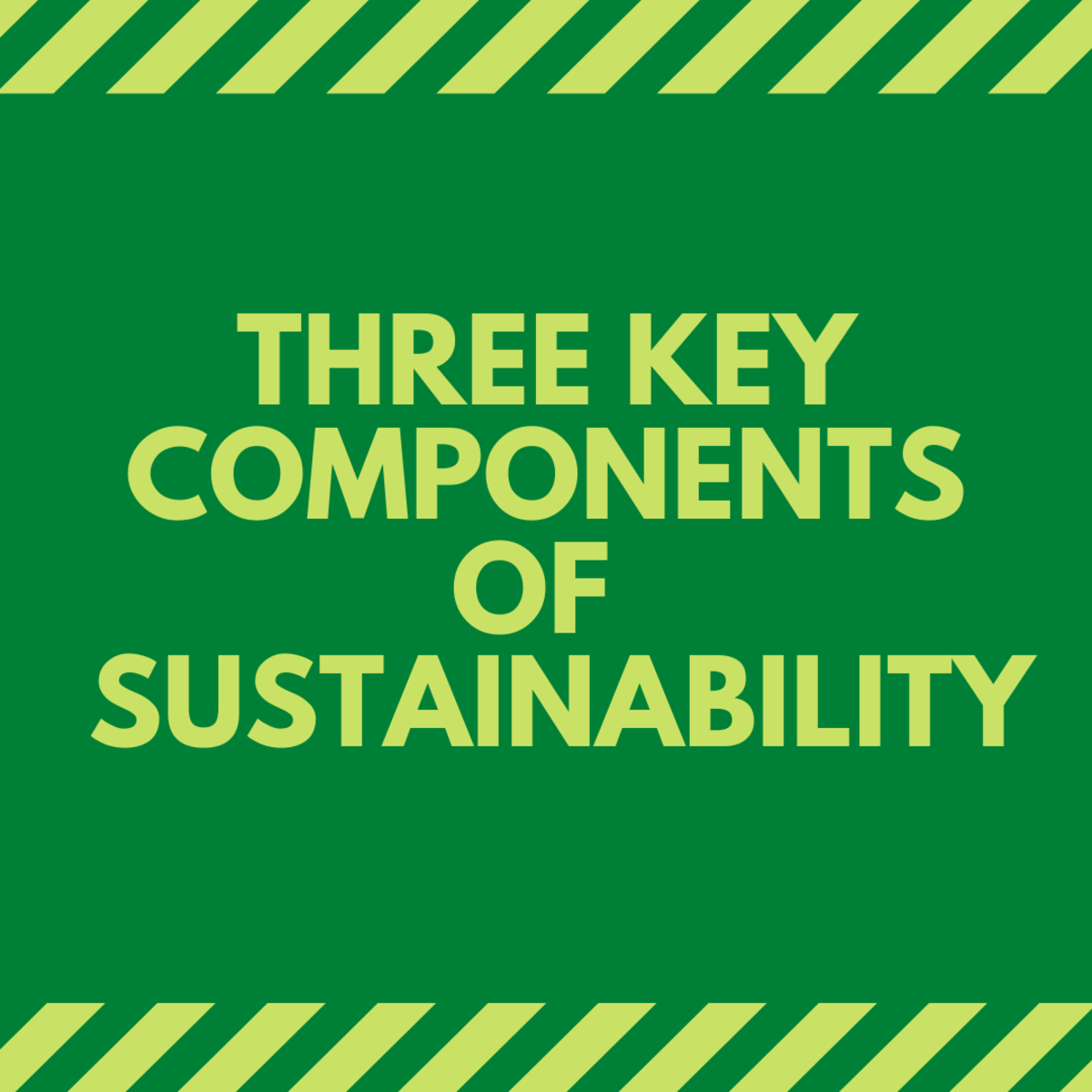Today's Problems, Tomorrow's Crises
THE FUTURE STARTS HERE
BENJAMIN DISRAELI:
The more extensive a man's knowledge of what has been done, the
greater will be his power knowing what to do.
At first sight,
humankind does not seem to fit our prominent place on the earth. We
are not as large as a blue whale. We are not as strong as an
elephant. We do not breed as fast as a fly and so on. Biologically
speaking, humanity is a no-hoper. Yet the evidence is all around us
that no other organism has influenced the world as much as
humanity.
The reason for man's success is his ability to plan - to
see and understand patterns and to prepare for coming events. When
man was a hunter, he hunted animals much bigger or tougher or faster
than he was. To do that, he learned the patterns and habits of his
prey so that he could prepare an ambush for them. When man became a
farmer he took planning one step further. He quickly realized that
you could not harvest a crop in the autumn if you had not first
planted one in the spring. With every increase of technology, we have
to plan further and further into the future. Examples of this forward
planning are architecture (like the Great Wall of China rebuilt
between 220-210BC to keep out invaders!), museums, mortgages, hire
purchase and save-the-whale campaigns.
Nowadays, we spend so much
of our time planning for tomorrow, we have hardly have time to live
for today.
Try as we might, we cannot live as if there was no
future. We may try not to think about it, but it will still influence
our actions. few people are comfortable with the idea that today
might be the last day of their lives. They want to live to see
tomorrow.
On the other hand, astrology and crystal ball-grazing
have always been popular because we want to be prepared for the
future. We don't want to have any nasty suprises that we are
unprepared for. We want to be in control of our lives.
Our view of
the future is influenced by our present circumstances: economic
depressions produce wonderful visions of future peace and plenty
while comfortable affluence produces more cynical and sour-tasting
views. The fact is, the future is so flexible. It is not like the
past where what happened has happened and will not change. But there
are many possible futures. The future is unknown which is why many
fear it. But one thing is known about the future: WE ARE MAKING IT
TODAY.
FUTURE IMPERFECT
THEODORE ROSZAK: If
the resistance of the counter-culture fails, I think there will be
nothing left in store for us but what anti-utopians like Huxley and
Orwell have forecast.
The human race is an endangered species.
When you read the not-so-vital statistics of the world we live in,
you may wonder if mankind has any real hope for the future.
In
the seventies when looking into the future became popular, many
claims were made as to what the problems that faced mankind were and
how they could be solved. Examples of the accused culprits were
population explosion, food crisis, resource scarcity, environmental
degradation, technology-out-of-control, political incompetence and
individual blindness. It is true that all those things existed then
and still exist today. But they are not the problems that will face
us in the near future. This is because these problems are more those
of the Third World rather than the West. And that is because we
already export those problems to them.
There will be four crises
that will finally have to be faced over the next ten years:
But why should you care?
Because if this situation is left to continue unchecked, it will not be long before our planet and our lives will not be worth saving. We will be so riddled with disease and cancers that the most humane thing to do will be to shoot us like mad dogs.
Existing solutions to the problems will not save us. They are half-baked and half-done and only lead to the situation getting worse. People get concerned with the ozone layer and companies respond by replacing one pollutant with another and we think the problem is over. It is not solved because the basic root cause is still the same. One day, we will become concerned about the environmental damage caused by the second pollutant and companies will again respond by replacing it with yet another new pollutant and all we will have achieved is to delay the inevitable.
We are apathetic about the crises that the world is currently facing because we believe that we really are not to blame. We believe that the problems of other countries are their own fault and are completely unaffected by the policies of our own country as the problems of this godless age.
But we are wrong.
All this pain and suffering are unnecessary. These people do not need to suffer and die. They are not victims of huge forces and acts of God beyond the power of humanity but are the effects of humanity. They die simply because other people choose that they should die. It is this world system based entirely on man's greed - of which we are all a part - which causes these crimes. When you buy coffee and tea or a thousand and one other items in the supermarket or corner shop, you support the system which causes Third World poverty and hunger. When you pay your taxes, you support the doctors who do the abortions and the military who buy the weapons. If you do any of these things or many others, you become a part of this world system and in so doing, you share the responsibility for the evil it causes.
In the past people optimistically believed that, given enough time, man could be improved and perfected. They may have disagreed about the method but they all agreed on one thing: that man could be made better. Afraid of being laughed at after centuries of failure, they started pretending that man is getting better. They pretended that man's technological advance was making him a better person. They proclaimed that man and his society had improved since the animalism of cave-men and the barbarism of the Dark Ages. Certainly, things had happened to make our lives easier but that was no proof that man himself had changed. But all of the optimists ignored this obvious problem and breathed a sigh of relief. They felt safe enough to ignore a few pessimists like George Orwell and Aldous Huxley.
The only problem was their children. They grew up in a society where christian morals were taught from an atheistic foundation and they saw through this contradiction. So they tried to live according to the atheistic ideas during the Sixties. This produced the student riots, the extremist terrorist groups and a new breed of pessimistic atheists. They saw through the lie that man was getting better. They saw that man was as petty and mean and vicious and selfish as he had ever been. They saw that the present was awful and the future was not going to be any better. This was belief beneath the rebellion of punk rock. The pessimists do not believe that man can be corrected. Their solution is control - and suppression and oppression are their tools.
The world that they are creating (whether intentionally or not) is one where a majority of sub-human robots would be controlled by a small elite that tells them what to do and is willing to use a number of unpleasant means to "persuade" them. There has been some discussion about who the elite would be. Some have suggested that it would be scientists while others have said that they would be lawyers. But they have all forgotten that Money rules the world, it's high priests are businessmen and it's temples are banks. The elite will come from the financial world because they have what everyone wants: money. And this is exactly what has been happening.
Main Hub: Living Without Cruelty








